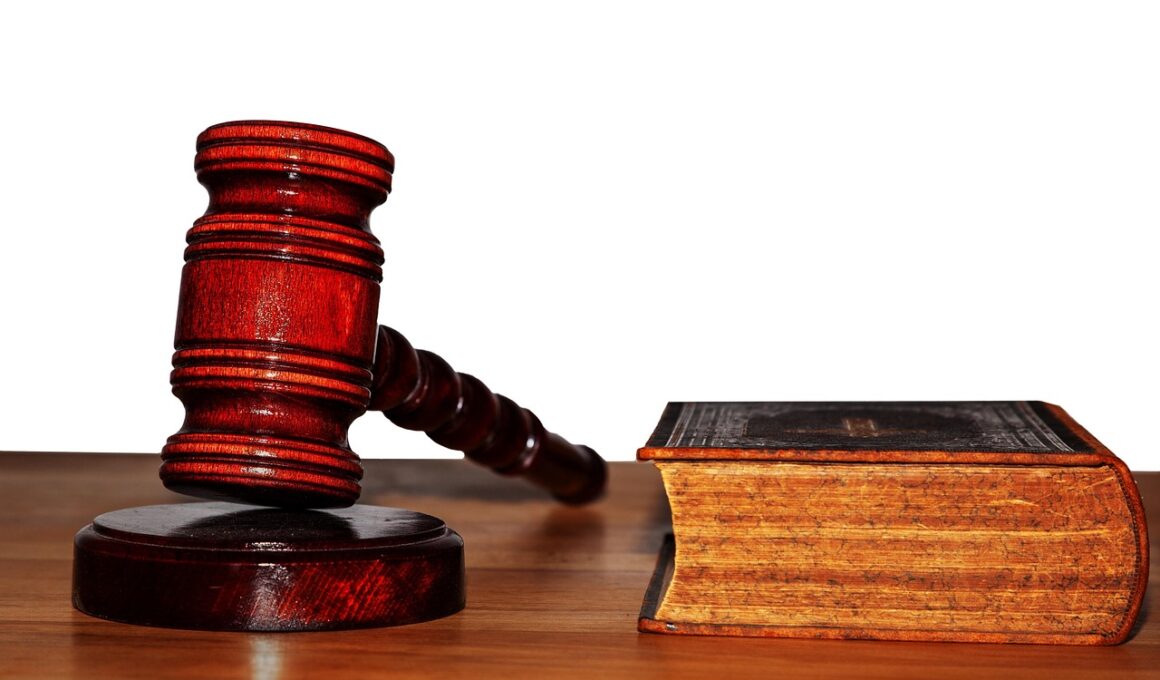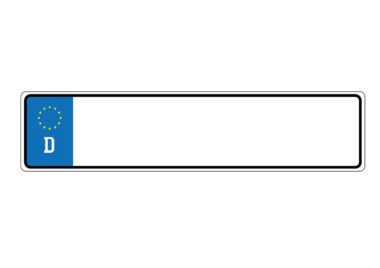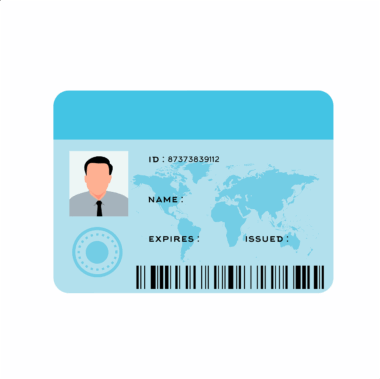Penalties and Fines for Unlicensed Dogs
Adopting a dog comes with various responsibilities that include ensuring proper licensing and identification requirements. Failing to license your dog can lead to significant penalties and fines that can disrupt pet ownership. In many municipalities, dog owners are required to acquire a license typically within a certain time frame after adoption, and this is often renewed annually. The fines for not licensing a dog can vary widely, generally reflecting local regulations and enforcement. For instance, fines can range from modest amounts, such as $50, to higher penalties exceeding $150 for repeated offenses. This financial impact serves as a warning that owning a dog brings with it crucial legal obligations. Furthermore, some regions may impose additional consequences, such as additional fees for late registration. These charges emphasize the local government’s push to promote responsible pet ownership. Consequently, not only are monetary fines involved, but there may also be risks associated with potential impounding of the unlicensed pet. If an unlicensed dog is found wandering or in a public space, this may result in further complications for the owner seeking to reclaim their beloved animal.
To ensure compliance with local laws, dog owners should familiarize themselves with specific licensing regulations in their area. Licensing serves multiple purposes, primarily aiding in the identification of the owner and proving that the dog has received necessary vaccinations, like rabies shots. In many jurisdictions, providing proof of vaccinations is a requirement for obtaining a dog license. This process ensures that the pet is protected while simultaneously reducing the risk of disease spread in the community. Furthermore, having a license can help reunite lost dogs with their owners more efficiently. When a dog is licensed, it is easier for animal shelters or local authorities to contact the owner if their pet goes missing. Dog owners must also understand that specific breeds might have additional restrictions or requirements. Those interested in adopting should always check with local animal control to ensure full compliance. Ignoring these licensing requirements doesn’t just put the financial burden on the owner but also could result in harming their relationship with local animal welfare groups. Responsible pet ownership includes keeping track of registration dates and ensuring the dog is licensed before any potential penalties arise.
Understanding Local Regulations
Not all regions have the same licensing requirements for dogs, which means pet owners need to understand their local laws thoroughly. Every city or county may enforce unique rules concerning dog ownership. Although most places require a license, the fee structure, renewal timelines, and required documentation can differ significantly. For example, some areas might offer discounts for spaying or neutering, while others emphasize compliance strictly related to identification. Moreover, specific ordinances can stipulate additional rules surrounding dog breeds considered potentially dangerous, which often leads to stricter licensing measures. Owners should ensure that they review their local animal control ordinance, which outlines the specific licensing procedures as well as penalties for non-compliance. By staying informed about these regulations, dog owners can avoid unnecessary fines and other legal ramifications that may arise. Additionally, communities with more rigorous licensing standards often have lower rates of abandoned or stray dogs. This correlation highlights the importance of adhering to licensing requirements for the health and safety of all dogs in the community, ultimately benefiting both pet owners and their neighbors.
Another essential aspect of dog licensing is its connection with public health and safety regulations. When dog owners fail to license their pets, cities face challenges in tracking potential outbreaks of diseases. Unlicensed dogs may lack vital vaccinations that protect both them and the community. Local governments often use license fees to fund programs aimed at addressing stray animal populations and health initiatives in the region. As more people neglect their licensing requirements, public health officials may find it complicated to identify at-risk populations and take preventative measures. When dogs are properly licensed, it not only shows compliance with local laws but also contributes toward improving community safety. Furthermore, some municipalities involve dog owners in awareness programs on responsible pet ownership and neighborhood safety. These outreach efforts often inform the public regarding the importance of vaccinations and regular veterinary check-ups. Investing in a dog license serves as proof of your commitment to responsible pet ownership and helps promote overall animal welfare. It also creates a more harmonized relationship between pet owners and local communities, ultimately leading to fewer issues pertaining to pet control and public safety.
Consequences of Non-Compliance
Failing to license a dog leads to various penalties, many of which can escalate with continued neglect. The first infraction may result in a fine, but repeated violations often incur steeper charges. Additionally, some municipal codes include provisions for impounding unlicensed dogs. When authorities find an unlicensed dog, they may take it to an animal shelter, leading to further financial implications for the owner. Recovering an impounded dog can result in significant costs that exceed initial licensing fees. Furthermore, if an impounded dog is not reclaimed quickly, it may face adoption or euthanasia if not adopted. This harsh reality underscores the critical necessity of staying current on licensing. Beyond the financial aspects, there are also emotional and relational costs associated with losing a pet due to non-compliance. The stress of searching for an impounded animal can be overwhelming for any owner. Hence, the emphasis on responsible pet ownership cannot be overstated. Individuals planning to adopt should consider the broader consequences involved with licensing and ensure that they adhere strictly to local laws in order to provide a safe and loving environment for their pet.
Understanding the licensing process starts with knowing how to acquire a dog license and what is needed. Typically, pet owners can obtain a license through the local animal control office or online through government websites. The application usually requires identifying information regarding the dog, such as breed, age, and a current photograph. Proof of vaccination records might also be requested, further highlighting the importance of ensuring that dogs are up-to-date on their vaccines. Fees for the licensing process can vary, but it’s generally reasonable compared to the penalties associated with neglecting this responsibility. Once the application is submitted and approved, owners receive a license tag that must be attached to the dog’s collar. This tag serves as visible proof of compliance and aids in tracing the dog back to its owner in case of loss. Furthermore, pet owners should be mindful of renewal dates for their licenses. Some localities might send reminders, but it is always wise to keep track personally to avoid lapses. Fully engaging in this system demonstrates commitment to responsible ownership, contributing positively toward community harmony and animal welfare initiatives.
Maintaining Compliance
Once a license is obtained, maintaining compliance with local licensing regulations is essential for pet owners. This responsibility typically includes timely renewals and updating the license details when circumstances change, such as moving or a change in pet ownership. Frequent communication with local authorities can eliminate uncertainties and allow for a clear understanding of current expectations. For instance, if a dog gets lost or passes away, promptly informing the licensing office can prevent complications should the pet be recovered or encountered in public spaces. Additionally, some cities hold annual events that promote animal wellness and provide reminders regarding licensing. Attending these events can serve as valuable opportunities for dog owners to refresh their values on responsible pet ownership while ensuring they adhere to local guidelines. These proactive measures can significantly reduce the likelihood of fines and create awareness about the broader pet-friendly initiatives in the community. Moreover, pet owners should consider participating in local discussions regarding animal control policies. Engaging with fellow owners can foster a healthier community-wide perspective on responsible pet ownership responsibilities and mitigate the chances of regulatory breaches.
Finally, responsible dog ownership requires a commitment to understanding regulations and being proactive about compliance. Individuals should leverage available resources to educate themselves on local laws. Many communities have websites that outline licensing requirements and frequently asked questions. Additionally, responsible pet ownership often includes being part of the conversation regarding animal welfare in one’s area. Engaging with local animal advocacy groups or attending town hall meetings can increase awareness of broader issues impacting dog licensing and ownership. Moreover, dog owners who take their responsibilities seriously set an excellent example for others in their neighborhood. By promoting awareness surrounding the importance of licensing and penalties for non-compliance, individuals can help foster responsible ownership among fellow pet lovers. Additionally, having a well-informed community leads to healthier and safer environments for all pets. Ultimately, proper dog licensing is more than a legal requirement; it reflects a societal commitment to the welfare of animals. Staying engaged and informed as an owner ensures that both your dog and community thrive together harmoniously. Change begins at the individual level, contributing toward a broader movement of responsible pet ownership.





